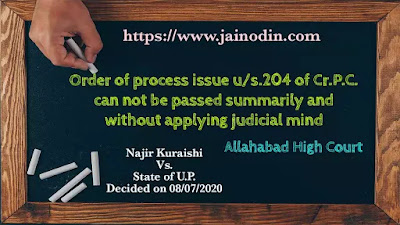Though the call details Ex.P.36 marked with objection, the admissibility of the said document cannot be questioned at the belated stage, but the authority, who issued the said document, has not been examined. Therefore, the same cannot be considered in the absence of any material produced to prove that there were conversations between P.W.8 and P.W.1 and P.W.8 and the deceased in view of the dictum of the Hon'ble Supreme Court in the case of Malay Kumar Ganguly v. Dr. Sukumar Mukherjee reported in AIR 2010 SC 1162 wherein at paragraphs 48 and 49 it has been held as under:
"48. It is true that ordinarily if a party to an action does not object to a document being taken on record and the same is marked as an exhibit, he is estopped and precluded from questioning the admissibility thereof at a later stage. It is, however, trite thata document becomes inadmissible in evidence unless the author thereof is examined; the contents thereof cannot be held to have been proved unless he is examined and subjected to cross- examination in a court of law.
49.The document which is otherwise inadmissible cannot be taken in evidence only because no objection to the admissibility thereof was taken. In a criminal case, subject of course, to the shifting of burden depending upon the statutes and/or the decisions of the superiors courts, the right of an accused is protected in terms of Article 21 of the Constitution of India. The procedure laid in that behalf, therefore, must be strictly complied with. Exts. 4, 5 and 6, in our opinion, are not admissible in evidence in the criminal trial." [Para No.87]

























